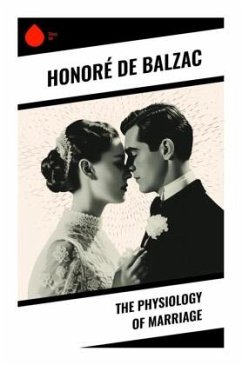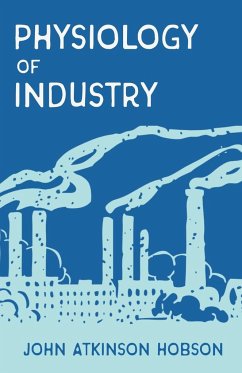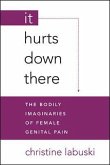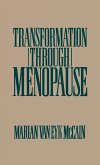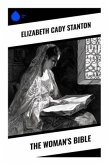In "The Physiology of Marriage," Honoré de Balzac crafts a provocative exploration of the institution of marriage in 19th-century France, highlighting the contrasting motivations, desires, and social constructs that govern romantic unions. With a keen eye for psychological depth and societal critique, Balzac adopts a satirical literary style, blending philosophy and fiction to dissect the complex interplay between love, duty, and ambition. The work serves as a vivid reflection of the French bourgeoisie, characterized by nuanced characters and richly drawn narratives that illuminate the hypocrisies of marital relationships and the societal expectations surrounding them. Honoré de Balzac, a pivotal figure in the literary movement known as realism, was profoundly influenced by his own tumultuous experiences with love and social observation. His profound insight into human relationships is bolstered by his extensive work on the "La Comédie Humaine," a series of interconnected novels and stories that depict French society. Balzac's keen understanding of the personal and social dimensions of marriage, alongside his keen observational skills, undoubtedly shaped the incisive commentary presented in this work. "The Physiology of Marriage" is essential reading for anyone interested in the intricate dynamics of human relationships and the social frameworks that govern them. Balzac's incisive wit and astute observations offer timeless insights into the multifaceted nature of marriage, making it a critical addition to the canon of literature that interrogates society and personal connection.
Bitte wählen Sie Ihr Anliegen aus.
Rechnungen
Retourenschein anfordern
Bestellstatus
Storno

